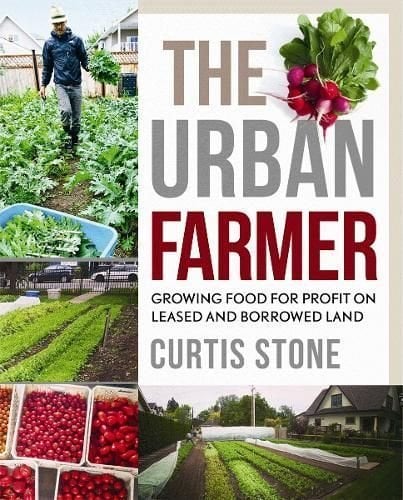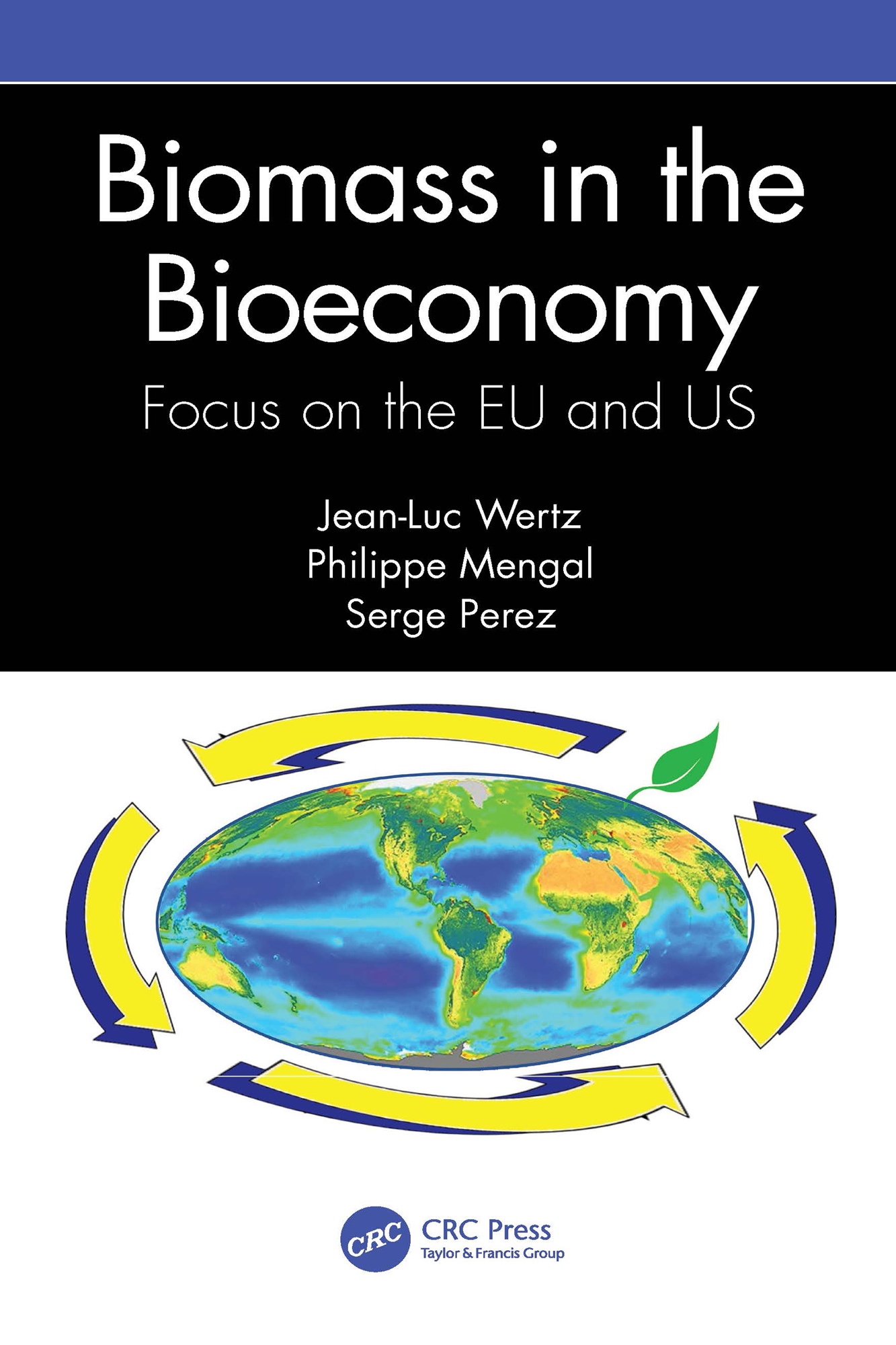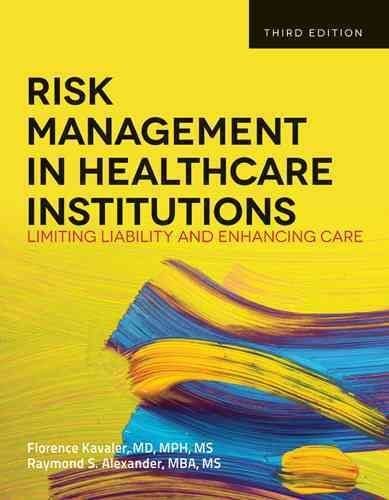Books dealing with climatic change are commonplace, as are those concerned with effects of environmental stresses on plants. The present volume distinguishes itself from earlier publications by highlighting several interrelated environmental stresses that are changing in intensity as the climate warms in response to the accumulation of ‘greenhouse’ gases. The stresses examined at the NATO Advanced Research Workshop upon which this book is based include atmospheric pollutants, flooding and subÂ- mergence, drought and cold. In future, successful farming or landscape management will ultimately depend on strategies that offset the effects of these and other environmental constraints, while exploiting more favourable features. However, the to predicted speed of climate change may exceed the rate at which new approaches farming, forestry, landscape management and genetic conservation can be developed through experience and retroactive response. The alternative is to anticipate future needs and thus identify appropriate management and legislative strategies by research and discussion. The contents of this volume contribute to these vital processes, upon which the productivity of agroecosystems and conservation of natural ecosystems may increasingly depend. Those with any lingering doubts concerning the gravity of the likely future situation are especially encouraged to read the opening chapter. For convenience, chapters discussing pollution, flooding, drought and cold are grouped in separate sections. However, many authors have taken care to emphasise that interactions between the changing combinations of stresses pose particular problems for plants and plant communities.












